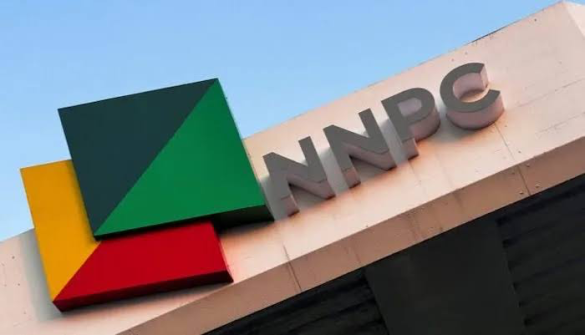KEY POINTS
- NNPC’s profit after tax fell 79.6% in July to ₦185bn from ₦905bn in June.
- Revenue slipped despite marginal increases in crude and natural gas output.
- Company reports major progress on key gas pipelines (AKK at 96%, OB3 at 83%) to strengthen future supply.
After-tax earnings for the Nigerian National Petroleum Company Limited, NNPC, fell to ₦185 billion ($126 million) in July from ₦905 billion the month before, marking one of the company’s steepest monthly profit declines this year.
The 79.6% decline highlighted the volatility in the energy sector of Africa’s largest oil producer, even as natural gas volumes improved and crude oil output slightly increased. Revenue dropped to ₦4.41 trillion from ₦4.57 trillion in June, according to NNPC’s monthly financial statement, which was made public late Thursday. This further compressed margins.
A sharp reversal in earnings momentum
The state-owned company had already seen a decline in June earnings from ₦1.05 trillion in May, and the July figures furthered that trend. NNPC reported ₦926 billion in April, indicating that the collapse in July represents a new low in recent performance.
Natural gas production increased to 7.7 billion cubic feet from 7.58 billion cubic feet in June, while crude output increased slightly to 1.7 million barrels per day from 1.68 million. However, those gains were insufficient to counteract lower financial returns, which raises questions about how much revenue the state can depend on to pay for its spending plans.
Notwithstanding the drop, NNPC emphasized advancements in infrastructure initiatives that are essential to Nigeria’s long-term energy plan. According to the company, the Obiafu-Obrikom-Oben (OB3) pipeline is currently 83% complete, while the Ajaokuta-Kaduna-Kano (AKK) gas pipeline is currently 96% complete. Both projects are thought to be essential for increasing export potential and the domestic gas supply.
Pipeline progress cushions investor sentiment
According to NNPC, the 113-kilometer section of the OB3 line is currently in service and transports roughly 300 million standard cubic feet of gas daily from producers such as Xenergi, Platform, AHL, and Chorus. To expedite the completion of the remaining portions, especially the River Niger crossing, more subcontractors have been brought in.
“Strategically, we are sustaining crude oil and condensate production, improving facility uptime, and enhancing collaboration with stakeholders to drive operational efficiency,” the company said in its update.
Nigeria has been struggling with erratic crude income because of theft, production constraints, and fluctuations in world prices. Even though NNPC remittances are a major source of funding for public spending, the steep decline in July earnings may make fiscal projections more difficult for the rest of the year.



